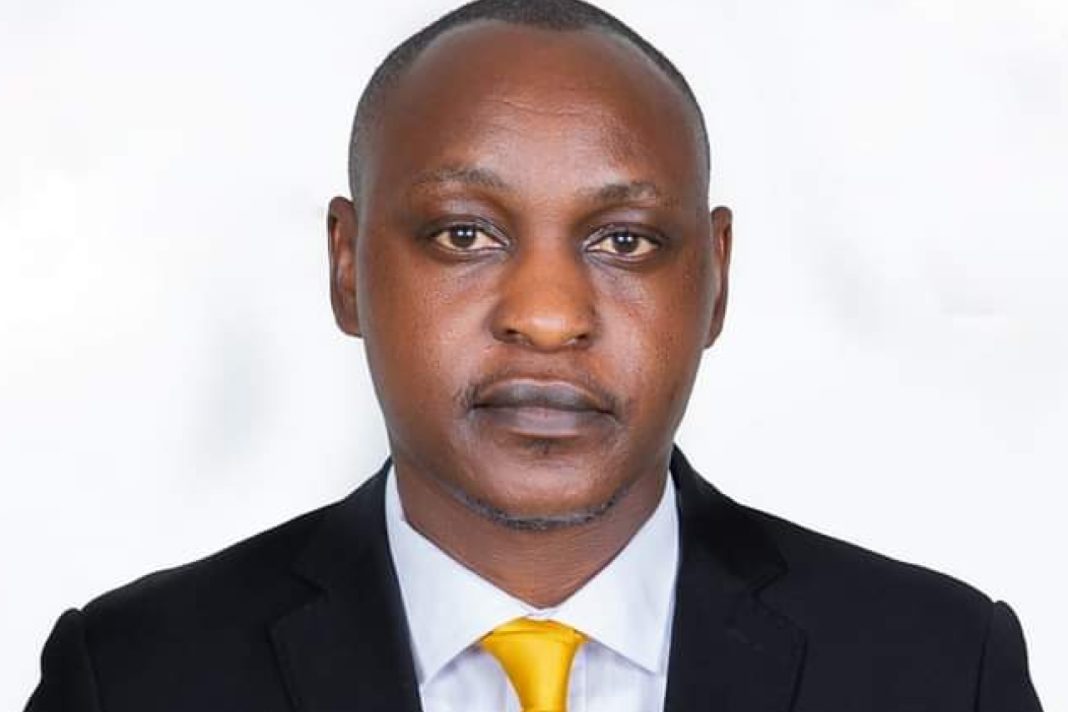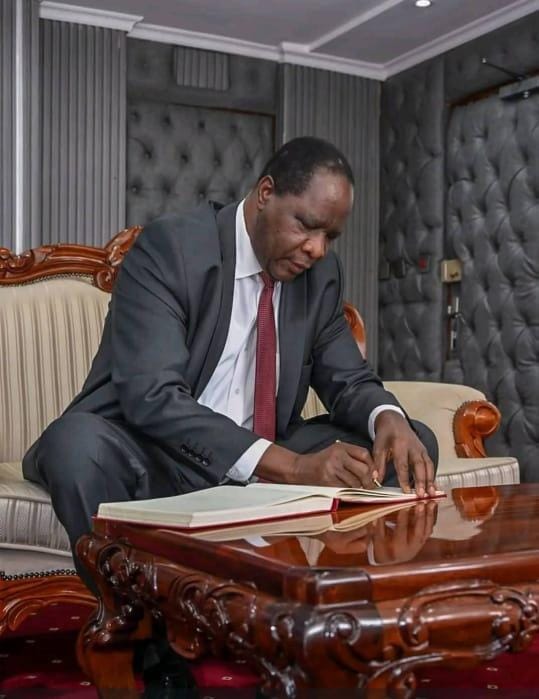By Billy Mijungu
When the smoke cleared after the elections of 2017, many Kenyans were left with scars that will never fade. Families buried their children, widows stared into an uncertain future, and young men carried wounds that would never heal. Yet, as political leaders shook hands, traded insults, or embraced in new alliances, the victims of violence were forgotten.
It is against this backdrop that Faith Mony Odhiambo, the President of the Law Society of Kenya, now stands. She carries with her not just the title of the second woman to ever lead the society, but also the heavy burden of being a custodian of justice in a nation where the State has too often turned its weapons against its own people.
Faith’s decision to sit on the compensation panel for victims of police, government, and political violence has stirred mixed emotions. Critics shout betrayal. They say she is walking too close to power. On social media, hashtags question her loyalty. But beyond the noise, a deeper truth emerges: Faith is serving Kenyans, not William Ruto and not Raila Odinga. She is choosing the path of uncomfortable service because justice, when delayed or denied, is never neutral, it is an open wound.
Her story is one of constant vigilance. At odd hours of the night, her phone buzzes with calls from desperate families reporting abductions and harassment. At dawn, she is mobilizing advocates to document abuses. When word spread that youths in Isiolo were being picked up after heckling the President, it was Faith who urged Kenyans to record, share, and demand accountability. In the eyes of ordinary people, she is not a distant leader but a sister, a colleague, a guardian.
And yet, the backlash is real. Some insist that by working with government structures, she has surrendered independence. But her response has been firm: “My loyalty is to the people of Kenya.” She has promised to resign if the process is frustrated or turned into a political spectacle. That promise, repeated in her own words, has kept faith alive in the hearts of many who still wait for justice.
On Twitter, young Kenyans praise her for standing tall when others bend. On Facebook, victims’ families share stories of hope that maybe, this time, someone in power is listening. On Socials, Kenyans remark that her decision to remain firm reflects an integrity rarely seen in leadership. These digital echoes are not mere chatter, they are testimonies of a society hungry for justice.
The task ahead is enormous. The panel she helps to lead has only 120 days to listen to countless stories, to verify losses, to measure pain in numbers that can never truly capture it. But the presence of Faith Odhiambo offers assurance that the exercise will not be another government ritual. She is a lawyer, an advocate, and above all, a Kenyan mother and sister who knows that behind every case file is a human life.
This is why she must stay. For the child whose father never came home. For the widow who still waits for recognition. For the young man whose limp tells the story of a protest gone wrong. Faith Odhiambo must keep a watchful eye, not for the government, not for the opposition, but for the ordinary Kenyan who has no other defender.
In a country where politics shifts like sand, she reminds us that justice must remain firm, impartial, and human. And that is the Kenya we all deserve.




